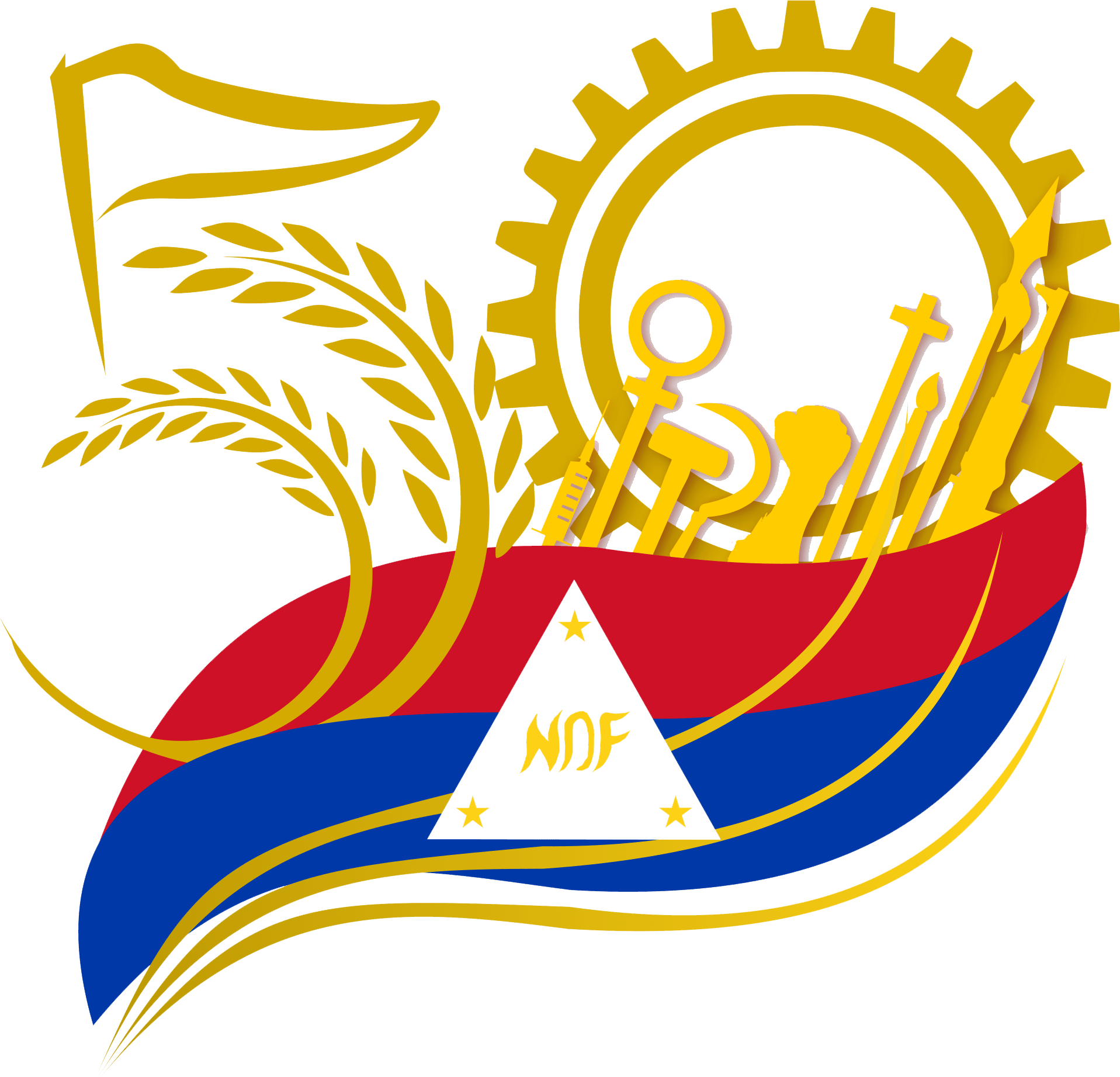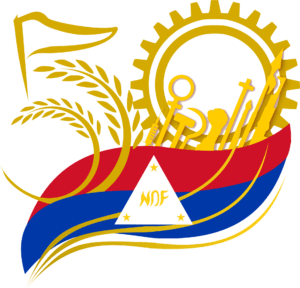It is not enough for the current regime to keep the Filipino masses mired in poverty. It insults them by saying poverty is being alleviated by flaunting statistics from the National Economic and Development Authority (NEDA) showing that if you can spend Php64 (US$ 1.14) for food or Php21.33 (US$ 0.38) per meal per day you are no longer poor.
According to independent think tank Ibon Foundation, the P64 food-poor threshold set by NEDA grossly underestimates the poverty threshold in the country. Underestimating the poverty threshold means underestimating poverty. Actual poor people will not be officially reported as poor.
People’s organizations of the toiling masses of workers, peasants, fisherfolks, urban poor slammed the government for being detached from reality, weaving lies and manipulating and misrepresenting data.
“Sila kaya ang mamalengke at nang makita natin kung paano nila pagkakasyahing pakainin ang kanilang pamilya ng 3 beses isang araw sa halagang 64 pesos (US$ 1.14). Karamihan nga ng pamilya 2 beses na lang kumakain sa isang araw. Karaniwan ay kanin at kapirasong daing o instant noodles na maraming tubig at kaunting repolyo para masabing masustansya,” sabi ni Lina, isang urban poor na organisador.
(“Let them do the marketing and let’s see how they could feed a family three meals a day with just Php64 (US$ 1.14). Most families eat only 2 meals a day. It’s usually rice and a piece of dried fish or instant noodles cooked with a lot of water and for little nutrition we add cabbage,” said Lina, an urban poor organizer.)
“Ibig sabihin kung may 64 pesos ko para sa isang araw mong pagkain, hindi ka na mahirap at pwede ka pang sabihing mayaman kung mayroon kang 90 pesos. Saan kayang planeta nakatira ang mga taga NEDA?” patuloy ni Lina.
(“This means that if you have 64 pesos for your daily meals you are no longer considered poor and you might even be rich if you have 90 pesos. In what planet do NEDA people live in?” continued Lina.)
Pambansang Lakas ng Kilusang Mamamalakaya ng Pilipinas (PAMALAKAYA), national federation of small fisherfolks, slammed the Php64 poverty threshold as unrealistic and kept low “to justify low wages and to allow the government to evade its responsibility to provide cash incentive to indigent sectors.”
“Isang kilong bigas at isang itlog lang ang mabibili ng 64 pesos. Paano nya ito mapagkakasya sa isang araw?” sabi ni Ronnel Arambulo, bise presidente ng Pamalakaya.
“You can only buy a kilo of rice and an egg for P64. How can an individual make do with that for a day?” said Pamalakaya vice chairperson Ronnel Arambulo.
Pamalakaya also criticized the national budget allocations, noting that billions could be potentially siphoned off as kickbacks, while workers continue to struggle with a minimum wage of P645 (US$ 11.47), far below the P1,206 (US$ 21.45) necessary for a living wage. For example, the office of vice president Sara Duterte was exposed of disbursing so-called intelligence funds worth Php 125 million (US$ 2.2 million) but could not give concrete details where and how the money was spent. The funds could have been allocated to areas affected by recent typhoons or drought.
Overseas Filipino workers or OFWs are also affected by the heightening gravity of poverty in the Philippines. Forced to go abroad for lack of employment and low wages at home, the OFWs suffer low wages and brutal working conditions.
Their families back home tell of severe hardships so much so that the migrant workers have to work and earn more to help their family. One OFW told Liberation International that: Noon nga po tatlong bahay lang nililinis ko. Ngayon, kailangan ko maglinis ng limang bahay isang araw para makapagpadala ng sapat sa pamilya ko.
“Before, I only cleaned three houses per day. Now, I have to clean five houses a day so I can send enough money to my family.”
Undocumented OFWs are most vulnerable to abuse. Women workers are often physically and sexually abused by their employers, and their wages and passports withheld lest they escape. Most endure their situation in order to help their family back home.
Major official statistical data in the Philippines are falsified and manipulated to create an illusion of progress and better living conditions. But wages, in fact, remain low and unemployment is rampant.
There remains a significant gap in the minimum wage between urban and rural areas, which hampers efforts towards national industrialization and agricultural development. In urban centers, wages tend to be higher due to the concentration of employment opportunities, while rural areas, which are largely agricultural, lag behind with lower wages. This disparity perpetuates unequal development, driving migration to cities and leaving the countryside underdeveloped.
Today, the latest Metro Manila rate is Php 645.00 (11.47USD) for the non-agriculture sector and Php 608.00 (10.82USD) for other sectors, which workers would earn per day. Although a big number of workers do not receive the daily wage as mandated by law.
The cycle of poverty is further perpetuated as limited access to education and employment opportunities hinder their chances of upward mobility.
These are precisely the issues that the NDFP’s Comprehensive Agreement on Socio-Economic Reforms (CASER) seeks to address. This draft agreement outlines concrete and doable steps to bring about real social and economic progress to eradicate the root causes of poverty.
Poverty is endemic in a semifeudal and semicolonial system. The unequal distribution of land and resources are root causes of poverty. Majority of farmers are poor and have to struggle to make ends meet. The lack of support for agricultural development and agrarian reform exacerbates the plight of the rural poor.
Addressing the endemic issue of poverty in the Philippines requires revolutionary change. Genuine land reform and national industrialization for economic development, equitable economic policies, and investment in social services are critical steps towards addressing the root causes of poverty. Empowering poor communities through access to education, healthcare, and sustainable livelihood opportunities is essential in breaking the cycle of poverty.
The NDFP and the entire revolutionary movement in the Philippines has long recognized the deep-seated issues that perpetuate poverty in the country and has developed its own program to address these very issues. Through the CASER, the NDFP offers a clear and practical roadmap to resolving the root causes of the armed conflict. This program focuses on equitable development between urban and rural centers, ensuring fair wages, and pushing for land reform and national industrialization.


